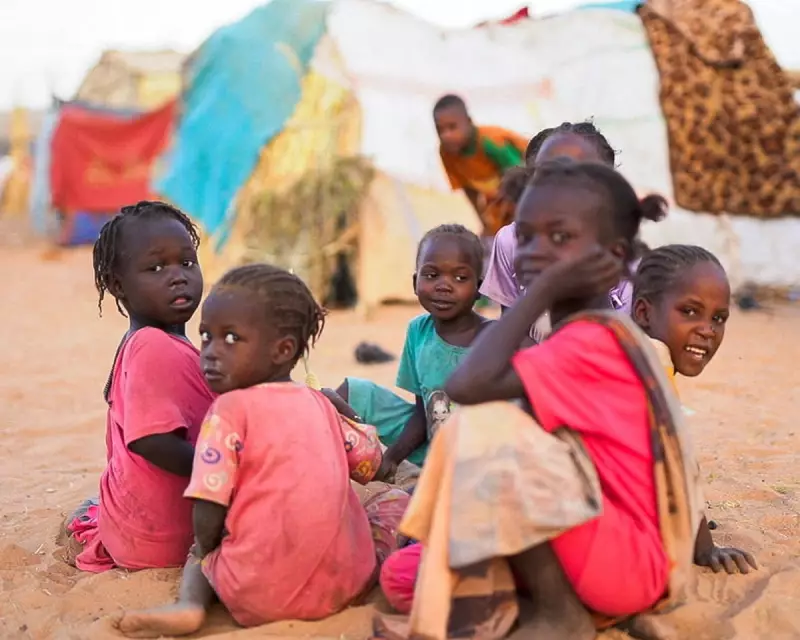
A devastating malnutrition crisis is unfolding in Sudan's North Darfur region, where aid organisations report being systematically blocked from delivering life-saving assistance to starving communities. The situation has become particularly dire in areas around El Fasher and Tawila, where children are dying from preventable hunger.
Systematic Blockade Prevents Aid Delivery
The Rapid Support Forces (RSF) are actively preventing humanitarian organisations from reaching vulnerable populations according to multiple aid agencies operating in the region. This deliberate obstruction has created what aid workers describe as one of the world's worst hunger crises, with malnutrition rates soaring to catastrophic levels.
Medical staff at the only functioning hospital in El Fasher report treating dozens of severely malnourished children daily, many arriving too late to save. The hospital itself struggles to operate with limited supplies and frequent power outages, creating impossible conditions for medical professionals trying to save lives.
Children Bear the Brunt of Hunger Crisis
Recent data collected by remaining health workers shows alarming malnutrition statistics among children under five. Global acute malnutrition rates have exceeded emergency thresholds by nearly double in some locations, indicating a rapid deterioration in food security across the region.
In Tawila, where fighting has destroyed much of the town's infrastructure, families report surviving on one meal every two or three days. Many have been displaced multiple times, losing their homes, livelihoods, and any means of producing or purchasing food. The combination of conflict, displacement, and aid obstruction has created a perfect storm of suffering.
International Community Urged to Act
Humanitarian organisations are calling for immediate international pressure to allow aid corridors to reopen. The United Nations has described the situation as reaching breaking point, with millions at risk of starvation if access isn't granted within weeks rather than months.
Local community leaders have made desperate appeals for help, describing how elderly people and young children are succumbing to hunger-related illnesses that would be easily treatable with proper nutrition and medical care. The coming weeks are considered critical, with the rainy season expected to further complicate any potential aid delivery.
The crisis represents one of the most severe tests of international humanitarian response systems, with diplomatic efforts so far failing to secure the access needed to prevent mass starvation. Aid agencies continue to negotiate for access while preparing for what many fear will be a dramatic increase in preventable deaths.






